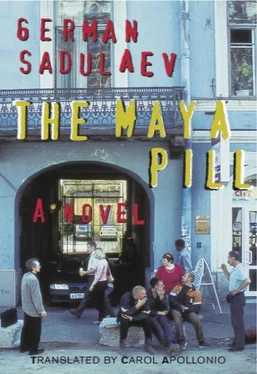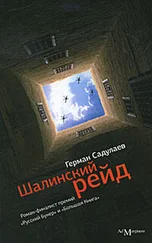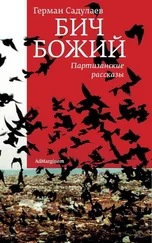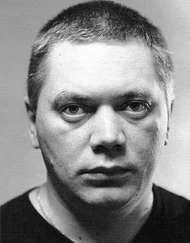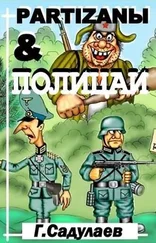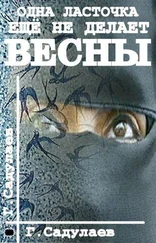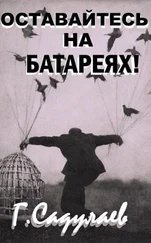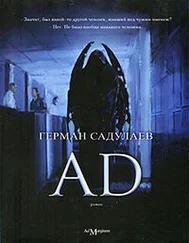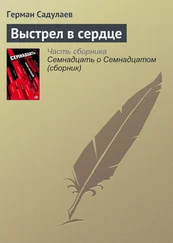The PS, though, adopted a more personal and friendly tone: “PS I took your kind advice, thank you! Now I have (you know what) for free (or almost free).”
Maximus opened the database and examined the purchase figures for Dutch frozen potatoes. Volume was growing fifteen to twenty percent per year. The peak came in summer, when the sidewalk cafés were open and serving French fries, which came over from Europe already cleaned and sliced into strips, crinkle style.
Lina was sitting in a stupor, staring at her phone. Obviously the aftereffects of whatever she’d been doing the night before.
Semipyatnitsky risked an attempt to rouse her.
“Lina!”
The girl shuddered and gave a grunt.
“Everything all right?”
“Yes.”
“Strange. You look like the ‘before’ picture in an anti-drug campaign. You have that overdose look. Or, worse, like after you got laid for the first time after losing your virginity on graduation night sixteen years ago… when was that again, a couple of weeks ago, was it?”
“Tatar bastard.” But her heart wasn’t really in it.
“Khazar,” corrected Maximus, as usual.
“So what did you want?”
“Oh, I wanted to ask you something. About the potatoes.”
“So?”
“Lina, look at these numbers: We import up to thirty tons from a single supplier. And we’re not even the biggest importer of Dutch frozen potatoes. And that’s not counting potatoes imported fresh and sold in supermarkets year ’round. And, think about it, Holland exports to other countries too. Off the top of my head, that would have to come to millions of tons of potatoes every year. It says here that in 1997 Holland produced eight million tons of potatoes. That’s their official statistic. Here in the Black Earth Region two hundred centners per hectare is considered a good yield. But the Dutch supposedly get seven hundred. How do they do it? All right, maybe it has to do with different weight standards. A Russian centner is equal to one hundred kilograms or 0.1 ton, but a German centner is one hundred pfunds, or fifty kilograms, or 0.05 ton. That means that their yield is still 350 centners per hectare—I mean, according to our standard. To get, say, seven million tons of potatoes, you need to plant two hundred thousand hectares. That is, two thousand square kilometers just for potatoes. The territory of the Netherlands is just short of forty-two thousand square kilometers—all right, accounting for rivers and lakes, canals, roads, and cities, there’s enough for that volume of potatoes. But only if all that land is used just for potatoes! But the area also exports all kinds of other agricultural products, from beef to tulips! So where do they grow all that? Where do all those Dutch potatoes come from?”
“Was all that meant for me?”
“Don’t act dumb. You know it was.”
“All right. Okay.”
“My dad was an agronomist.”
“I see.”
“What do you mean, ‘I see’? Answer the question. How can they manage to grow all that in one tiny country?”
“What makes you so sure they grow them all within their own borders?”
Maximus froze. Did Lina know about the pills? And here she was acting like it was no big deal.
But Lina was on a different track:
“Were you born yesterday? The Dutch and other European vegetables, fruits, and berries are imported from China—everyone knows that!”
“Everyone-everyone?”
“Of course! Even our clients! And our clients’ clients, everyone knows. Apparently you’re the only one who doesn’t.”
“But why do they import the Chinese vegetables into Europe?”
“What do you mean, ‘why’? Europe is where they put on the labels.”
“You mean they can’t do that in China?”
“They can, and some already do. They sell Italian strawberries straight from China. But we don’t want to encourage that.”
“Why not?”
“Maximus, are you pulling my leg?”
Lina was completely awake now. Why was Semipyatnitsky interested in these details all of a sudden? He never used to care. But she was basically a decent, patient, person, so she explained it to him decently, patiently:
“It’s risky, because then you’d have the market flooded with counterfeit labels on counterfeit strawberries.”
“So Italian strawberries grow in China too?”
“Yes.”
“What about Chinese strawberries?”
“Where else would they grow?”
“So what’s the difference?”
“Maximus, what is this, Stupid Questions Day? What’s the difference in what? It’s one thing for an Italian name-brand product to go for five dollars a kilo—it doesn’t matter if it’s produced in China. But it’s something else entirely when someone tries to sell you ordinary Chinese strawberries for four dollars, when the actual price is two dollars, simply because they come in a nice cellophane pack with a fake Italian label!”
“But it’s the same strawberries!”
“What do strawberries have to do with it?”
Semipyatnitsky lapsed into eloquent silence. Lina started tapping on her keyboard, filling out a new order for potatoes.
Maximus had the overwhelming urge to confide in someone. But who? Then he recalled the letters on his inner monitor.
He slid open his desk drawer and felt around for his pack of cigarettes and lighter. He draped his smart-card lanyard around his neck and headed outside for a smoke. And a conversation with himself.
“Mr. Author, are you there?”
“No.”
“Good. Let’s work this out.”
“All right. Work what out?”
“You know what.”
“I do. But formulating the question is half the answer.”
“I don’t need half an answer. Half an answer is worse than no answer at all.”
“Well put!”
“I can put it even better! Is there anything at all in the world that’s actually real? Or is it all just pills and hallucinations? And what exactly is a hallucination, anyway? Is it when we see something that doesn’t actually exist, or when what we see does exist, but we don’t see it as it really is? So we think that we’re eating potatoes, but there aren’t really any potatoes at all… we’re just taking some pill? Or we think that we’re eating Dutch potatoes, and we are indeed eating potatoes, but they’re actually Chinese, and the only thing Dutch about them are the labels and the drug. And what are we actually buying and eating, anyway, potatoes or labels?”
“I see… All of your questions boil down to the subject of a famous dispute that took place in medieval India, involving three different philosophical schools, whose names… well, will mean nothing to you. There were two basic questions. The first was whether the world was real. The second was whether our conception of the world was real.
“According to the first school, the world wasn’t real, since it lacked any substantial foundation. The world is based on indivisible particles that cannot be weighed or measured. Under the Karmic law of cause and effect—that is, relative and in reaction to living beings’ sinful actions—atoms join together into compounds, which give the appearance of substantiality. So our conception of the world as material is equally unreal. We have been taught that consciousness is a feature of highly organized matter, but the philosophers of the first school believed that matter was a feature of primitively organized consciousness. When a living creature breaks the chain of illusion, the world itself—and its conceptions about the world—cease to exist for it. In other words, there are no potatoes, and no pills either.
“Adherents to the second school, however, held that the world was indeed real, based in real substance, that is to say Brahma. In essence, they said, Brahma was the only reality. As for our conception of the world as something existing within time and space and occurring in a variety of forms, for them it did not correspond to reality. They cited the example of the rope and the snake: When a man in the dark assumes that a rope is a poisonous snake, his conceptions are illusory, though the rope itself exists. An enlightened individual is not distracted when it comes to reality, and sees everything as it is, as all Brahma. That is, all potatoes and no pills.
Читать дальше
